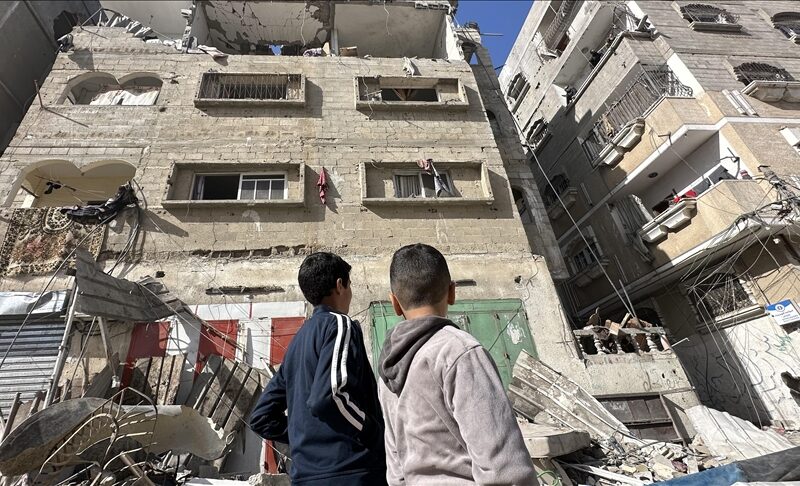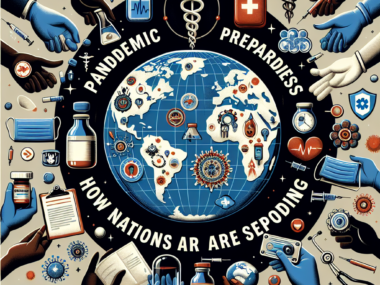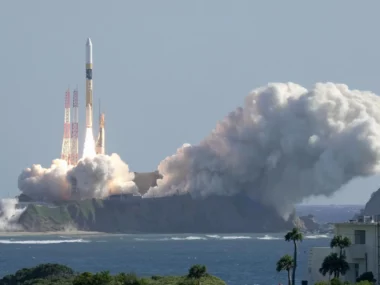According to Francesca Albanese, 45% of people are severely hungry, and 9 out of 10 families go 24 hours without food in some locations.
According to UN rapporteurs, malnutrition and a shortage of shelter in Gaza as a result of Israel’s devastation heighten claims of “genocide.”
Francesca Albanese, the special rapporteur on the situation of human rights in Palestinian territory occupied since 1967, stated on X that 45% of Gaza residents are severely hungry.
“In some areas 9 out of 10 families go 24 hours without food,” Albanese added. He went on to say: “This aggravates charges of genocide, as physical destruction can be achieved through starvation (ICTR).”
If the number of people suffering from severe hunger is a “exaggeration,” as Israel claims, she wonders why media and human rights monitors are barred from entering Gaza.
Concerning the housing situation, the special rapporteur on the right to housing, Balakrishnan Rajagopal, stated on X that around 56% of dwellings in Gaza have been destroyed or damaged.
“Northern Gaza has been the most heavily affected, with up to 82% destroyed or damaged,” Rajagopal said, urging the International Criminal Court to “consider this as evidence of genocide when coupled with public statements documented before it by South Africa.”
South Africa filed the complaint on December 29, saying that Israel’s activities in Gaza since Oct. 7 breached the 1948 UN Convention on the Prevention and Punishment of the Crime of Genocide, and asking an injunction.
Several countries, including Turkey, Bolivia, Jordan, and Malaysia, have already expressed support for the lawsuit.
According to local health officials, Israel has pounded Gaza since a cross-border attack by the Palestinian group Hamas on Oct. 7, killing at least 23,357 Palestinians and injured 59,410 others.
After Hamas killed around 1,200 Israelis in the Oct. 7 attack, Israel unleashed its armed might on Gaza.
According to the UN, over 85% of Gazans have been relocated, and all of them are food insecure. Hundreds of thousands of people are homeless, and less than half of relief trucks are entering the country than before the violence began.










